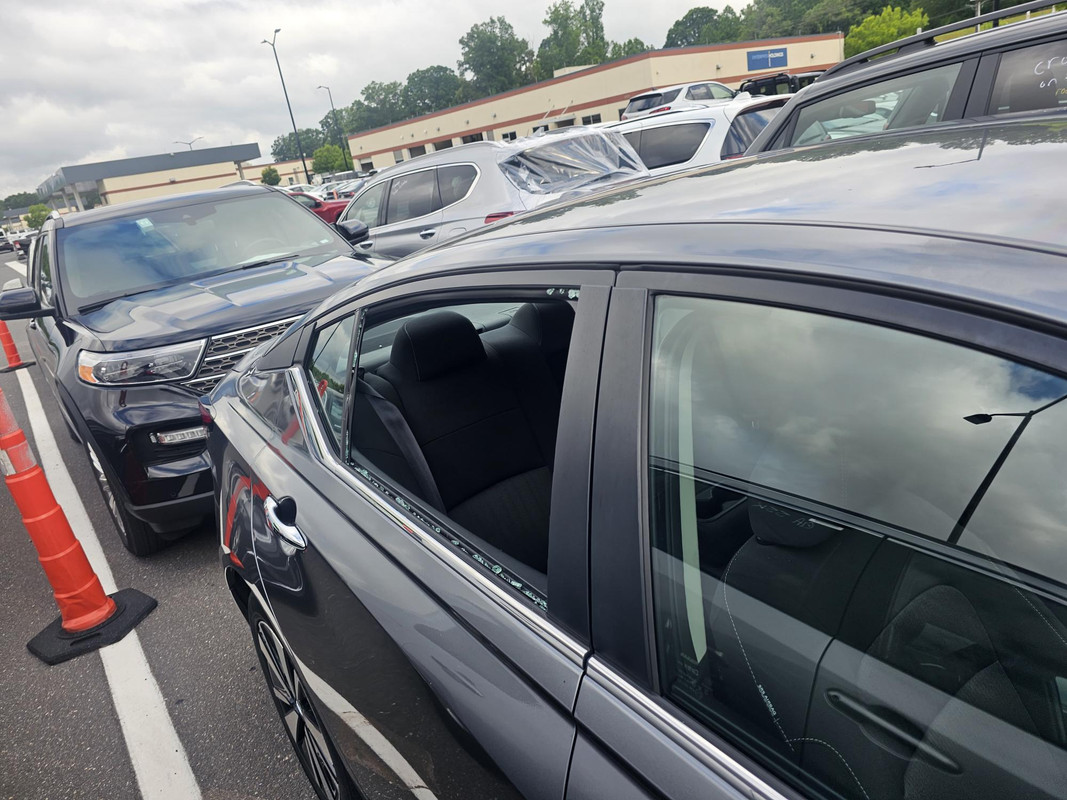Why DIY Repairs Often Lead to Costly Mistakes
Introduction
In a world where information is just a click away, the allure of do-it-yourself (DIY) repairs has never been stronger. Whether it’s fixing a leaky faucet, repainting a room, or tackling auto glass replacement, many individuals are drawn to the prospect of saving money and taking control of their home and vehicle maintenance. However, this enthusiasm can often lead to costly mistakes that not only drain your wallet but also lead to more significant problems down the line. In this exhaustive article, we’ll explore why DIY repairs often lead to costly mistakes auto glass repair Boone NC and how professional help can save you time, money, and stress.
Understanding DIY Repairs
What Are DIY Repairs?
DIY repairs refer to any maintenance or repair tasks that individuals undertake without professional assistance. This can include a wide range of activities from home improvement projects to auto repairs. The premise behind DIY is simple: if you can learn it from online tutorials or instruction manuals, why not do it yourself?
The Allure of DIY Projects
The appeal of taking matters into your own hands is hard to ignore. There’s an undeniable sense of accomplishment when you complete a project on your own. Plus, there’s the financial aspect—who wouldn’t want to save some cash by avoiding labor costs?
Common Types of DIY Repairs
Home Repair: This includes plumbing, electrical work, and painting. Auto Repairs: From changing oil to windshield replacement. Gardening and Landscaping: Planting flowers or creating garden beds. Furniture Assembly: IKEA-style assembly jobs.Why DIY Repairs Often Lead to Costly Mistakes
Lack of Experience
Can I Really Do It Myself?
While enthusiasm is commendable, lack of experience can be detrimental. Many people underestimate the complexity involved in certain repairs.
Learning Curve
Every project comes with its own set of challenges that require specific knowledge and skills.
Inadequate Tools and Equipment
Do You Have the Right Tools?
Using improper tools can lead to shoddy results or even injuries. Professional services come equipped with specialized tools designed for the job.
Cost Implications
Investing in high-quality tools for a one-time project might not be cost-effective in the long run.
Time Consumption
Is It Worth Your Time?
DIY projects often take longer than expected due to unforeseen complications.
Opportunity Cost
While you're spending hours on a repair, what other productive activities could you be engaged in?

The Hidden Costs of DIY Repairs
Material Wastage
Are You Buying Too Much?
Many novices overestimate how much material they need for a project, leading to wastage.
Quality vs Quantity
Opting for cheaper materials may save money upfront but could cost more if replacements are needed soon after.
Potential for Damage
What Happens When Things Go Wrong?
A botched repair often leads to further damage that requires professional intervention—resulting in higher costs overall.
Insurance Complications
If an amateur mistake leads to damage in your home or vehicle, insurance claims may be complicated or denied altogether.
Real-Life Examples of Costly Mistakes
DIY Plumbing Gone Wrong
Imagine attempting a simple pipe replacement only for it to burst later on—a situation that requires extensive water damage restoration services!
Auto Glass Replacement Mishaps
When someone decides they can handle windshield replacement without training or proper equipment, it could lead not only to leaks but also potentially hazardous driving conditions.
Expert Opinions on DIY Repairs vs Professional Help
Why Trust Professionals?
Experts have years of training and experience that amateurs simply don’t possess. They understand nuances that aren’t always apparent from tutorials.
The Long-Term Benefits of Hiring Experts
Spending money on professionals may seem excessive at first glance; however, it's an investment in quality work that often pays off over time.
How to Identify When Not To DIY
Complex Projects Require Expertise
If you're unsure about how intricate a task might be—or if it involves electrical systems—it's wise to consult professionals immediately.
Health and Safety Risks Are Present
Certain projects pose risks like exposure to toxic substances or dangerous machinery; professional help is non-negotiable here.
FAQs About DIY Repairs and Their Costs
Q: Is it cheaper to do repairs myself?- A: While initial costs may appear lower without labor fees, potential mistakes can make it far more expensive long-term.
- A: Overestimating their skills leads many into situations requiring costly corrections down the line.
- A: If you're unsure about any aspect of the task—especially concerning safety—it’s best left to an expert!
- A: While some resources provide valuable information, relying solely on them can result in significant errors without hands-on guidance from professionals.
- A: You could face hefty out-of-pocket expenses; always check with your provider before undertaking risky repairs!
Conclusion
While the thrill of completing a task yourself certainly has its charm, it's crucial not to overlook the potential pitfalls associated with DIY repairs. As we've explored throughout this article titled "Why DIY Repairs Often Lead To Costly Mistakes," misguided attempts at fixing things around the house or vehicle can lead not just down rabbit holes but also into financial quagmires filled with hidden costs and wasted time!
Investing in professional help ensures peace of mind while safeguarding against costly errors that might arise from well-meaning yet misinformed efforts at self-repair! So next time you're tempted by those enticing online tutorials promising quick fixes remember—the smartest choice may just lie within seeking guidance from trained experts who truly know what they’re doing!